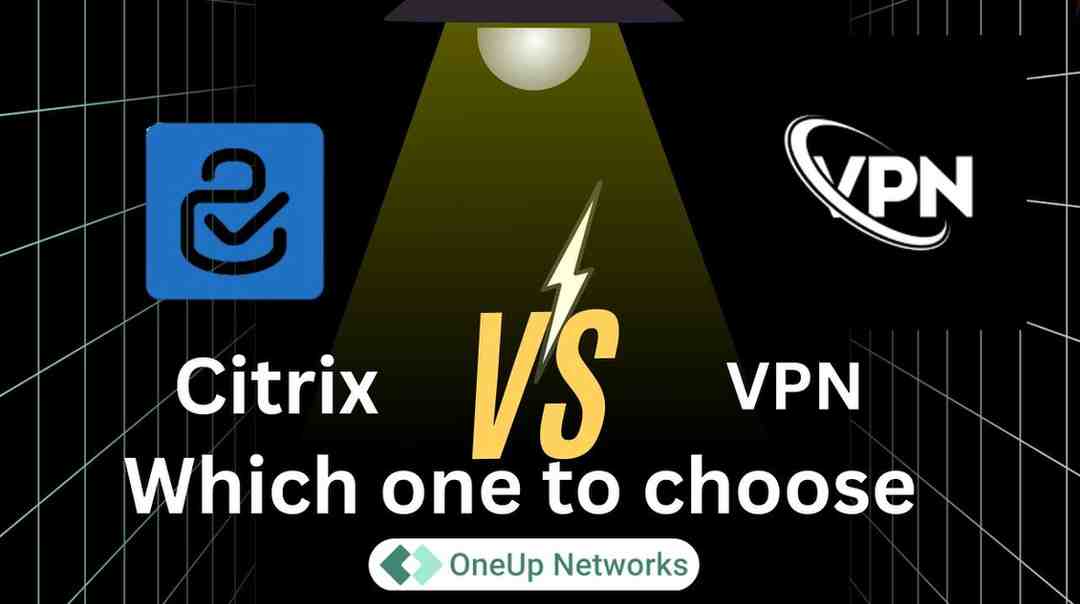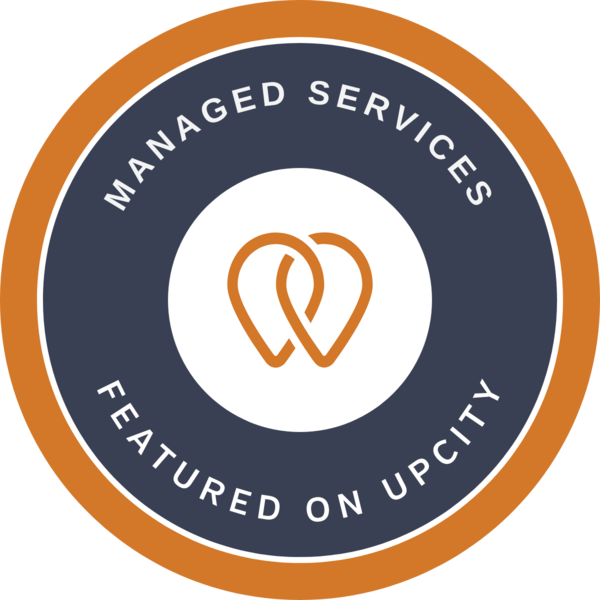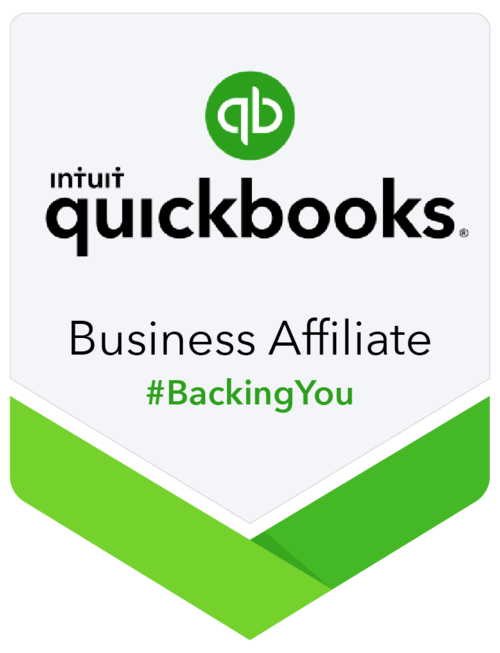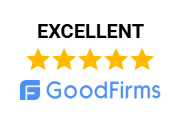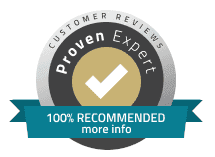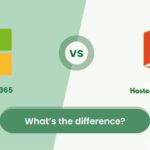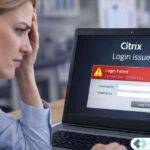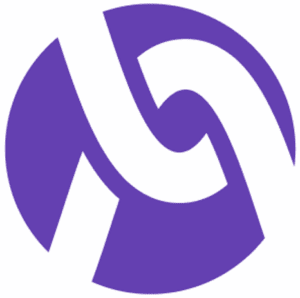Is Citrix a VPN? This question comes up frequently, especially among professionals in the accounting and finance industry who increasingly rely on secure cloud-hosted environments for remote work, regulatory compliance, and data privacy. Accordingly, understanding how Citrix vs VPN differ is essential when choosing the right remote access tool for your sensitive financial data.Moreover, people often use terms like Citrix Receiver, Citrix Workspace, VPN Citrix, and Citrix VPN interchangeably, albeit incorrectly. Let’s clarify the differences—using real-world examples, a comparative table, and factual insights—to empower your firm to make the best technology decisions for secure cloud hosting.
What is Citrix?
Citrix is a leading virtual desktop infrastructure (VDI) solution, widely used in financial services for its advanced security, centralized management, and flexible access to business-critical applications. Citrix technologies (like Citrix Workspace and Citrix Receiver) deliver virtualized desktops and apps to any device.
- Instead of running sensitive applications directly on users’ local machines, Citrix streams a virtual session from a central server or cloud, so data stays secure within the data center.
- Users interact with applications as if they install them locally, but the secure company server actually handles everything—from calculations to file manipulations.
Example:
A CPA working from home uses Citrix Workspace to access QuickBooks and client tax files. Even if someone steals their laptop, confidential documents never leave the office server.
What is a VPN?
A VPN (Virtual Private Network) is a network security tool that creates an encrypted tunnel between your device and the company’s network over the internet.
- Once connected, users access all the resources (apps, files, services) as if they are physically present in the office network.
- However, after connecting with a VPN, software and data actually reside and process on the employee’s device.
Example:
An accountant uses a VPN to connect to the office network, opens Excel files from the company server, and runs macros on their personal laptop. Any malware on the device could compromise sensitive data.
Citrix vs VPN at a Glance
| Feature/Aspect | Citrix | VPN |
|---|---|---|
| Underlying Technology | Virtual Desktop Infrastructure (VDI); remote display protocol | Encrypted network tunnel between remote user and internal network |
| Where Processing Happens | On the cloud/server (data center) | On the user’s local device |
| Data Storage | Stays within the data center/cloud; rarely reaches endpoint | Downloads/files can be stored on user’s device, increasing risk |
| Security Model | App- and session-layer security, granular access controls | Network-level security; all-or-nothing access |
| Compliance | Designed for regulated industries; strong data residency controls | Requires heavy endpoint management for compliance |
| User Experience | Centralized, consistent on any device; only screen/image transmitted | Dependent on device, internet quality; may lag on bandwidth-heavy tasks |
| IT Management | Centralized; admins can restrict, push updates, session policy | Decentralized; endpoint is hard to govern, especially for BYOD |
| Cost | Higher (includes Citrix licenses, infrastructure) | Lower (typically only VPN subscription and minimal IT overhead) |
| Scalability | Highly scalable; cloud-ready auto-scaling | May bottleneck due to limited bandwidth as workforce grows |
| Common Use Case | Secure remote access to finance/accounting software in cloud | General remote access to company files/applications |
| Examples | Citrix Workspace, Citrix Receiver | Cisco AnyConnect, OpenVPN, Fortinet VPN |
Citrix vs VPN: Key Differences
1. Security and Compliance
- Citrix:
Highly trusted in regulated environments such as accounting, banking, and healthcare due to keeping sensitive data off user devices. Only encrypted screen images and keystrokes traverse the network, with no documents or files stored locally. Citrix includes anti-keylogging tools and granular controls over who accesses what. - VPN:
While VPN encrypts communications, once connected, the user’s machine can access all internal network resources. Thus, any malware or breach on the endpoint exposes the whole network—and this attack surface grows with remote staff.
2. User Experience & Performance
- Citrix:
Consistent user interface regardless of OS or hardware. Processing power comes from the cloud/server. Bandwidth requirements are minimal, since the system transmits only screen data. - VPN:
Performance depends on local device and network speed. Heavy applications (e.g., large Excel models, tax database queries) can choke on slow connections—leading to staff frustration.
3. Centralized Management
- Citrix:
IT admins can push software updates, dictate user policies, and restrict data sharing or printing from one console. Accordingly, this is ideal for audit and regulatory needs. - VPN:
Users have broad access once connected. IT must do application updates, patching, and policy enforcement individually on each endpoint, which is resource-intensive.
4. Scalability
- Citrix:
Auto-scales across large remote workforces, so you can efficiently add seasonal staff during tax time or quarterly reporting. - VPN:
Bandwidth costs and network congestion rise linearly with more users, causing bottlenecks. This makes large-scale operations challenging.
5. TCO (Total Cost of Ownership)
- Citrix:
Requires investment in licenses and server/cloud resources, but offset by lower breach risk and automated compliance. Many firms accept the premium for peace of mind. - VPN:
Generally less expensive to set up initially, albeit with potentially higher hidden costs if a security breach occurs.
Statistics on the Citrix and VPN Usage:
- According to Gartner, 70% of ransomware attacks in 2024 leveraged vulnerabilities at the endpoint level—highlighting why moving computation off end-user devices (as with Citrix) drastically cuts risk.
- Free VPN providers leaked 1.2TB of sensitive data in a single incident, underlining known dangers with broad VPN usage for sensitive industries.
- 90% of Fortune 500 finance and insurance firms have adopted hybrid or fully virtualized environments (like Citrix) to ensure data residency and regulatory compliance.
Which is Best for Accounting and Finance Cloud Hosting?
- If your firm handles PII, financial records, or is subject to regulatory audits, Citrix offers unmatched security, audit trails, access controls, and endpoint risk mitigation.
- If your team is small, tech-savvy, and exclusively uses secured, company-issued devices, some tasks may be manageable via a VPN.
- However, for anyone who needs to enforce policy-based controls, detailed audit logs, or BYOD scenarios, modern cloud-hosted accounting platforms recognize Citrix as the standard.
All things considered, Citrix and VPN serve different purposes. Citrix is not a VPN, though it can work with VPNs or independently, depending on your cloud strategy.
Case Study with OneUp Networks:
Take the case of a mid-sized CPA firm shifting to cloud accounting. During tax season, dozens of temporary staff work remotely:
- With VPN: IT needs to secure, update, and monitor every new hire’s laptop. Any user could download a sensitive client W2 to an insecure PC. One missed update can cause compliance nightmares.
- With Citrix: New hires access a fully controlled virtual desktop through Citrix Workspace. Users don’t save files locally; IT controls printing and uploads; if someone steals a device, no company data leaves the cloud data center.
Frequently Asked Questions
No, Citrix is a virtual desktop/application delivery platform, whereas a VPN is an encrypted tunnel for accessing a corporate network.
Not necessarily. Citrix provides secure remote access independently, although larger organizations sometimes pair Citrix with VPN for added perimeter security research.
Generally yes. With Citrix, sensitive data never leaves secure servers, while VPNs risk exposing data to endpoint infections.
Citrix, because it keeps data in the data center with detailed logs, granular access rights, and strong controls needed for SOC 1/2 and SOX compliance.
Yes. Citrix Receiver/Workspace apps are available for Windows, Mac, iOS, Android, and web browsers, delivering a consistent experience regardless of endpoint.
With Citrix, the data remains secure in the cloud; the lost device contains no sensitive files.
Yes. Citrix certifies leading solutions like QuickBooks, Sage, and tax prep tools, and they support full integration with modern cloud accounting hosting.
Although Citrix requires licensing and setup costs, the long-term savings in IT management, risk reduction, and compliance often outweigh initial investments.
Yes, but most organizations use Citrix independently for direct internet access to cloud desktops. However, pairing may be useful for legacy systems or tiered defense.
To clarify, in Citrix vs VPN both are not the same thing. For firms prioritizing cloud data security, regulatory compliance, remote access, and scalable performance, Citrix offers a future-ready, robust platform widely adopted across the accounting and finance industries. VPNs retain a role, but organizations are rapidly replacing them in environments where endpoint security, scalability, and cloud-native access are paramount.
Ready to Upgrade Your Remote Access?
Whether you’re navigating regulatory audits or scaling remote teams, choosing the right solution matters. Citrix offers the security, performance, and compliance your accounting firm needs. Our experts will help you design a secure, cloud-hosted environment tailored to your financial operations—no hassle, just results.
Don’t Miss These Helpful Blogs:

